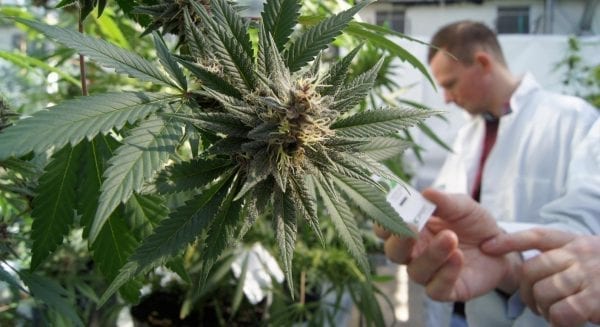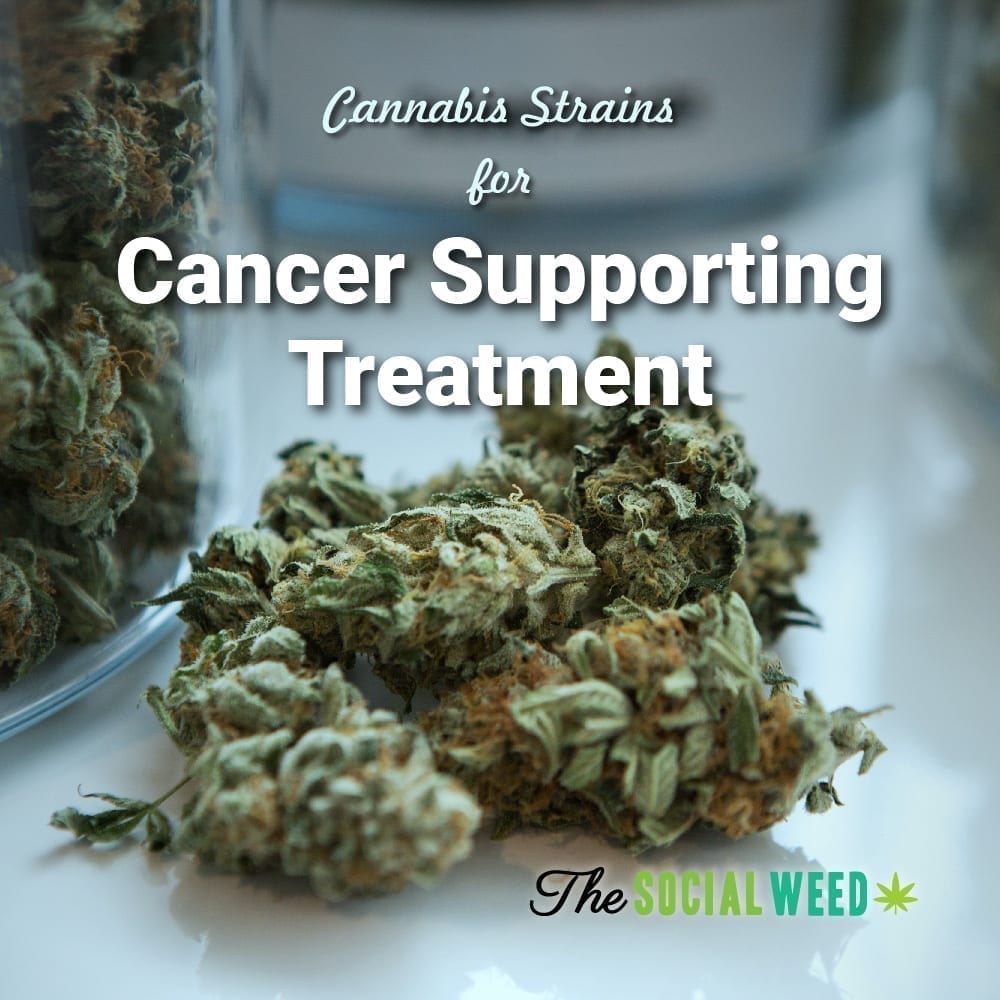“Honestly, it’s hard to take him seriously if he relies on such outdated information,” Washington state Attorney General Bob Ferguson told the Seattle Times in response to Sessions’ criticism. “Do your homework, get good information.”
In the letters, which have been criticized by cannabis reform advocates as misleading and designed to overstate the flaws in state cannabis programs, Sessions claims that the laws have been inadequately enforced, enabling minors to access cannabis and allowing diversion of legal cannabis into other states as well as the illegal market.
In a statement, Washington Gov. Jay Inslee said he’s “incredibly proud of the work we’ve done to implement legalization in a way that keeps youths safe, minimizes diversion into the black market, and minimizes diversion out of our state.”
“It is clear that our goals regarding health and safety are in step with the goals Attorney General Sessions has articulated,” Inslee continued. “Unfortunately he is referring to incomplete and unreliable data that does not provide the most accurate snapshot of our efforts since the marketplace opened in 2014.”
Sessions’ letters to the adult-use cannabis states rely on information from High Intensity Drug Trafficking Area (HIDTA) reports. The HIDTA program, created in the late 1980s, exists to “reduce drug trafficking and production in the United States.”
In Colorado, Gov. John Hickenlooper said his office takes Sessions’ concerns seriously. “We welcome the opportunity to work with the Attorney General and arrive at the most effective approach to the states and the federal government working together to protect public health, public safety and other law enforcement interests,” a spokesperson told The Denver Channel. “We take the concerns shared in the letter seriously and will provide a comprehensive response.”
In the letters, which have been criticized by cannabis reform advocates as misleading and designed to overstate the flaws in state cannabis programs, Sessions claims that the laws have been inadequately enforced, enabling minors to access cannabis and allowing diversion of legal cannabis into other states as well as the illegal market.
In a statement, Washington Gov. Jay Inslee said he’s “incredibly proud of the work we’ve done to implement legalization in a way that keeps youths safe, minimizes diversion into the black market, and minimizes diversion out of our state.”
“It is clear that our goals regarding health and safety are in step with the goals Attorney General Sessions has articulated,” Inslee continued. “Unfortunately he is referring to incomplete and unreliable data that does not provide the most accurate snapshot of our efforts since the marketplace opened in 2014.”
Sessions’ letters to the adult-use cannabis states rely on information from High Intensity Drug Trafficking Area (HIDTA) reports. The HIDTA program, created in the late 1980s, exists to “reduce drug trafficking and production in the United States.”
In Colorado, Gov. John Hickenlooper said his office takes Sessions’ concerns seriously. “We welcome the opportunity to work with the Attorney General and arrive at the most effective approach to the states and the federal government working together to protect public health, public safety and other law enforcement interests,” a spokesperson told The Denver Channel. “We take the concerns shared in the letter seriously and will provide a comprehensive response.”






